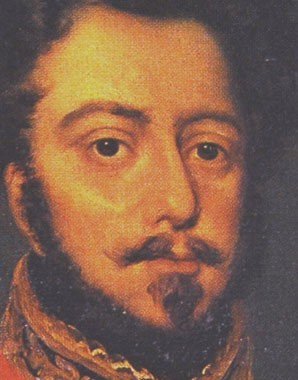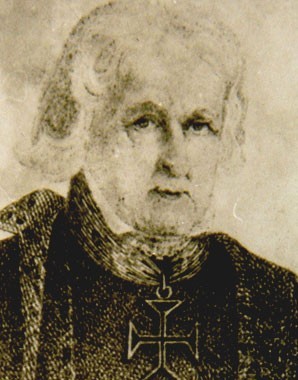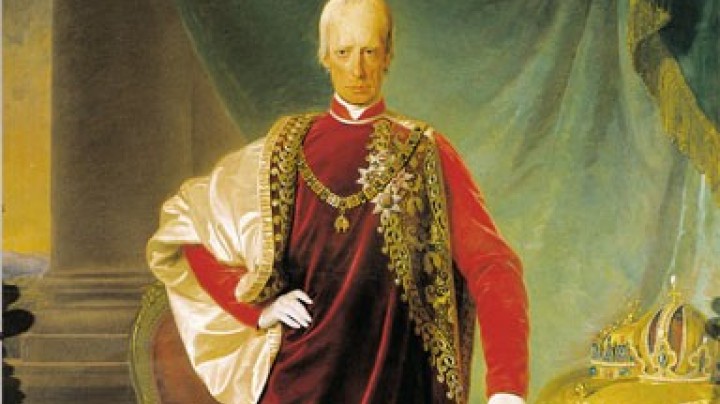2nd September 1822 – Brazil becomes an independent empire
Leopoldina at the height of her political activity: ‘The apple is ripe, pluck it’, she wrote to her prevaricating husband.
The document of investiture of 13 August 1822Since I must be absent from this capital city for more than one week to visit the province of São Paulo and since it is necessary for the good of the people and their private and public peace and security that the business of government should not suffer as a result of my temporary absence, I consider it appropriate that my ministers and secretaries of state continue to attend at the Palace on the prescribed days, and under the leadership of the Crown Princess of the United Kingdom of Portugal, Brazil and the Algarves, my most beloved and esteemed wife, continue the normal business of the various secretariats and public offices, which shall be done in my name as if I were present. I also consider it appropriate that my State Council continue to sit in session on the agreed days or as necessary, also under the leadership of the same Crown Princess, who is hereby empowered, with the aforementioned ministers and secretaries of state, to undertake whatever measures are necessary or required for the well-being and safety of this state. And she shall apprise me without delay of all developments that they may be approved and endorsed by me, for I fully expect that she will undertake nothing which is not in accordance with existing laws and the best interests of this nation.
The Minister and Secretary of State for the Kingdom and Foreign Affairs will please accept that this is my wish and undertake whatever measures are necessary to ensure that this is carried out.
At the Palace of Rio de Janeiro, on 13th August 1822, with the signature of HRH the Prince Regent.
When Crown Prince Pedro set off on a tour of inspection to Sao Paolo in the middle of August 1822, Leopoldina was appointed as his official representative, that is, as regent in his absence. Her status was confirmed with a document of investiture dated 13 August 1822 giving her complete authority to take any necessary political decisions.
Within just a few days of Pedro’s departure the Cortes tried to dissolve the Brazilian government and to establish the individual provinces as republics. Leopoldina immediately summoned the state council and within a few hours on 2 September 1822 the independence of Brazil from the motherland Portugal had been agreed, set down on paper and signed by Leopoldina. It was purely a matter of form that Pedro signed and ratified this document on 7 September 1822.
The streets of Rio filled with jubilant crowds, and, just as ‘nossa mãe’ had told them time and again in the past months they called out a new greeting to one another: ‘Sou Brasileiro, sou Brasileira!’ (‘I am a Brazilian’).
On 12 October 1822, his 24th birthday, Pedro was crowned. He took the title of Constitutional Emperor and Perpetual Defender of Brazil.
Leopoldina used her contacts in the Viennese court to ensure that Brazil’s independence was internationally recognized. She also wrote to her father-in-law, Dom João VI in Lisbon, urging him ‘to be an angel of peace and ratify the constitution and in so doing show the whole world that you are the most generous of fathers’.
After seeing Brazil’s independence recognized by Portugal in 1825, Leopoldina began the last year of her life with a happy event: she gave birth to the heir to the throne, Pedro.
















